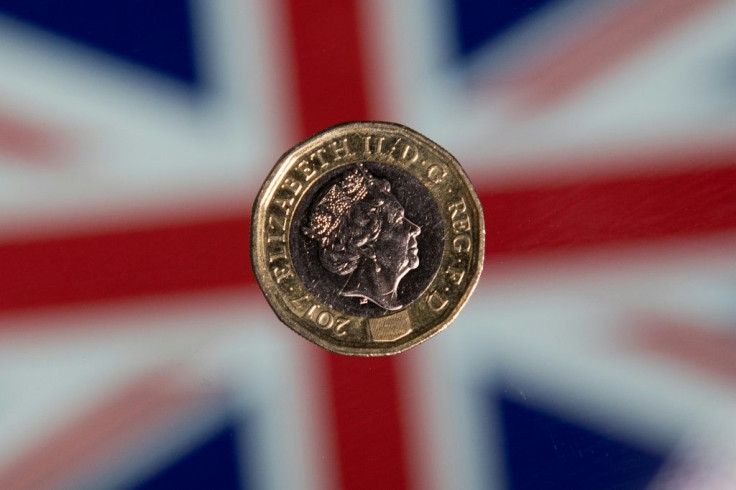UK Extends Bank Of England Overdraft Over Virus Crisis

The British government on Thursday expanded its overdraft with the Bank of England to help weather coronavirus turmoil.
The government's "ways and means facility" -- effectively its overdraft at the BoE -- is also being used to temporarily help finance spending on COVID-19 emergency measures, the Treasury and the central bank announced in a joint statement.
A limit of ?370 million ($455 million, 420 million euros) has been extended by an undisclosed amount, while the government has pledged stimulus worth billions of pounds.
The government will continue to use markets as the main source of cash, while its virus-emergency response will be "fully funded" via normal debt channels, it said.
"HM Treasury and the Bank of England have agreed to extend temporarily the use of the... long-established Ways and Means facility," read a joint statement.
"As a temporary measure, this will provide a short-term source of additional liquidity to the government if needed to smooth its cashflows and support the orderly functioning of markets, through the period of disruption from COVID-19."
Any money drawn from the overdraft facility will be paid back as soon as possible before the end of the year, according to the statement.
As Britain's coronavirus crisis accelerated, Britain ordered a three-week lockdown on March 23, shutting down swathes of the economy.
Finance minister Rishi Sunak had unveiled a series of multi-billion-pound packages to help those affected.
Notably, the government has stepped in to back up employee wages by up to 80 percent, give tax holidays to businesses and boost welfare payments.
The Bank of England has been at the forefront of Britain's economic firefighting in response to the pandemic, which has so far killed more than 7,000 people in the UK.
The bank had last month slashed its key interest rate to a record-low 0.1 percent and expanded its quantitative easing policy -- under which it buys UK government and corporate bonds -- to ?645 billion.
At the same time, the Financial Conduct Authority watchdog is seeking to ease pressure on commercial banking customers hit by the coronavirus crisis.
The FCA, which is a division of the BoE, confirmed Thursday various "targeted temporary measures" for consumer credit products.
The package includes a temporary payment freeze on loans and credit cards for up to three months and reduced overdraft costs for consumers who have been negatively impacted.
Separately on Thursday, official data showed Britain's gross domestic product inched down 0.1 percent in February as floods hit construction.
That dashed market expectations for a gain of 0.1 percent, and followed 0.1-percent expansion in January.
Paul Dales, chief UK Economist at Capital Economics, described the latest ONS data as "the calm before the storm of a lifetime".
"The 0.1-percent month-on-month fall in GDP in February will be the last figure that looks anything like 'normal' for a while as the coronavirus lockdown will mean that in March and April GDP will fall at a speed and magnitude no one has ever seen," he added.
Added to the picture, UK employment sank by between 1.5 million and 2.0 million in the first month of the COVID-19 crisis, research consultancy the Institute for Employment Studies estimated.
Unemployment has already increased to at least 2.5 million, or 7.5 percent of the workforce, it added.
The global coronavirus pandemic is causing an economic crisis unlike any in the past century and will require a massive response to help in the recovery, IMF chief Kristalina Georgieva said Thursday.
© Copyright AFP {{Year}}. All rights reserved.



















